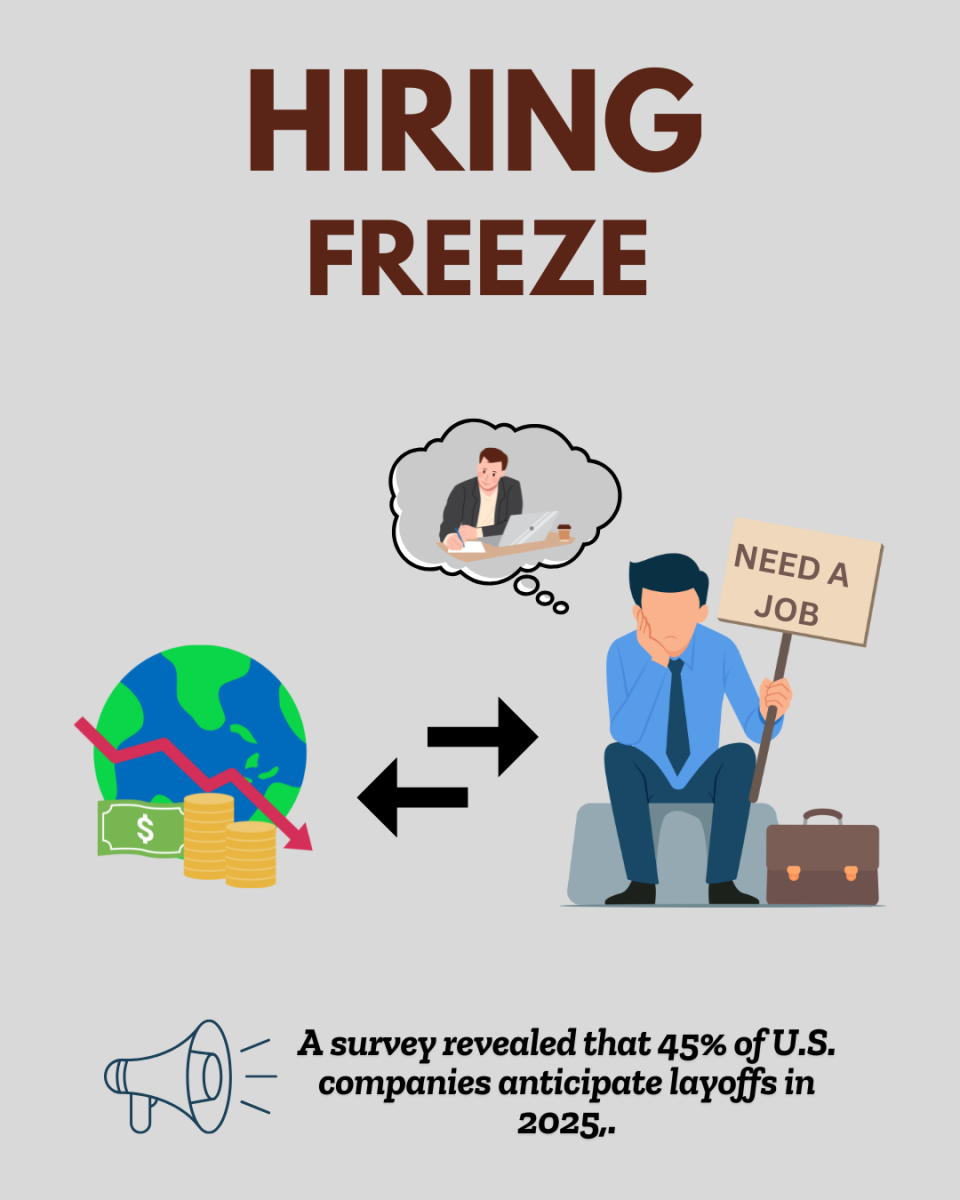The Federal Communications Commission ruled that the Internet is a public service and should be treated like one by Internet Service Providers on Feb. 26.
The FCC is a US government agency that regulates interstate communications by radio, television, wire, satellite and cable.
They ruled on how the Internet should be provided to users. Their plan prevents ISP’s from discriminating between customers, individuals or companies. The idea is that no user can receive better service because they pay more.
According to CNN, the FCC classified the Internet as “common carrier.” For ISPs, this means being held responsible for delivering equal service to users.
Joshua Stockley, professor of political science, defines net neutrality as, “the concept that ISPs must treat all Internet traffic equally.”
“At this time, we do not precisely know what the actual rules will be, whether the FCC has the ability to actually enforce their own rules, what criteria will be established to determine a violation of the rules, and what the sanctions will be for a violation of the rules,” Stockley said.
Stockley said because the actual rules are unknown at this time, it would be too soon to draw the conclusion that the FCC is taking “positive steps” to guaranteeing that companies are limited in how they restrict internet access to individuals. said Stockley.
Kyle McVay, a senior computer science major, believes that it is wrong to regulate the means that are used to access the Internet because these means are the property of ISPs. McVay says that net neutrality is “public control of private property.”
“No matter how much we enjoy online services like Netflix, YouTube, Wikipedia, etc., we cannot ethically enforce constraints on the channels through which we access them. Stopping ISPs from charging different rates for fast and slow lanes on the internet is like telling restaurant owners that they can’t charge more for one food than another,” McVay said.
Some believe that the FCC’s advancement of the net neutrality movement will stall progress by stifling the companies that work toward Internet advancement.
Dakota Hawkins said the FCC’s decision was not affective.
“The FCC has attempted to solve a problem that never existed with regulatory overreach. Innovation is, in essence, moving us backwards,” said Dakota Hawkins, a senior political science major.



